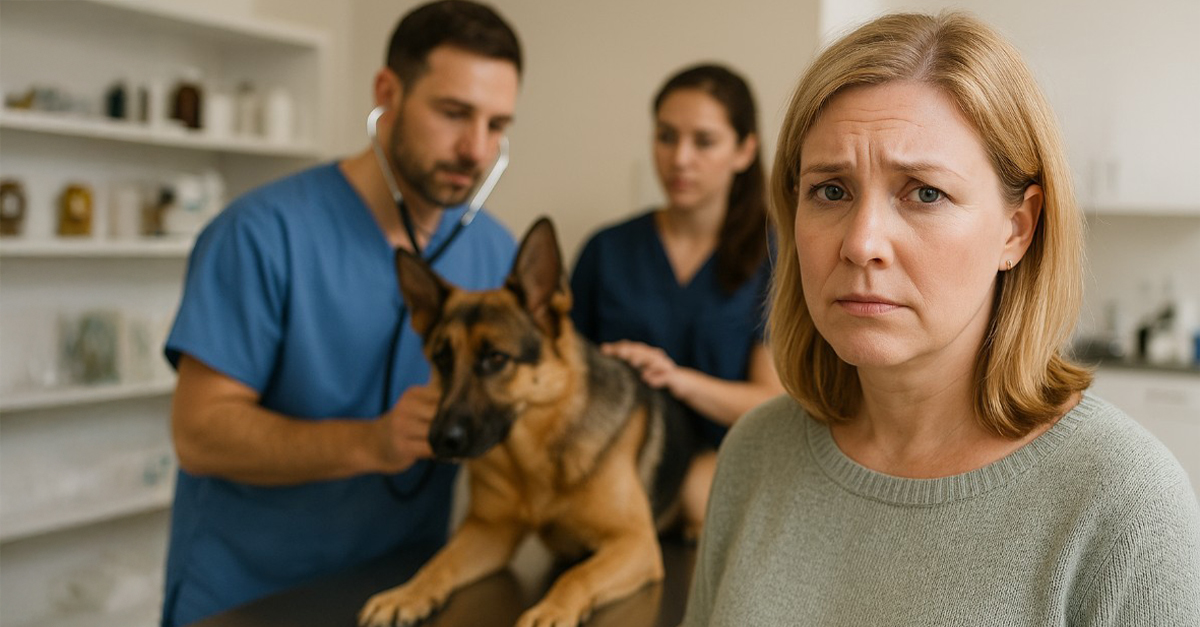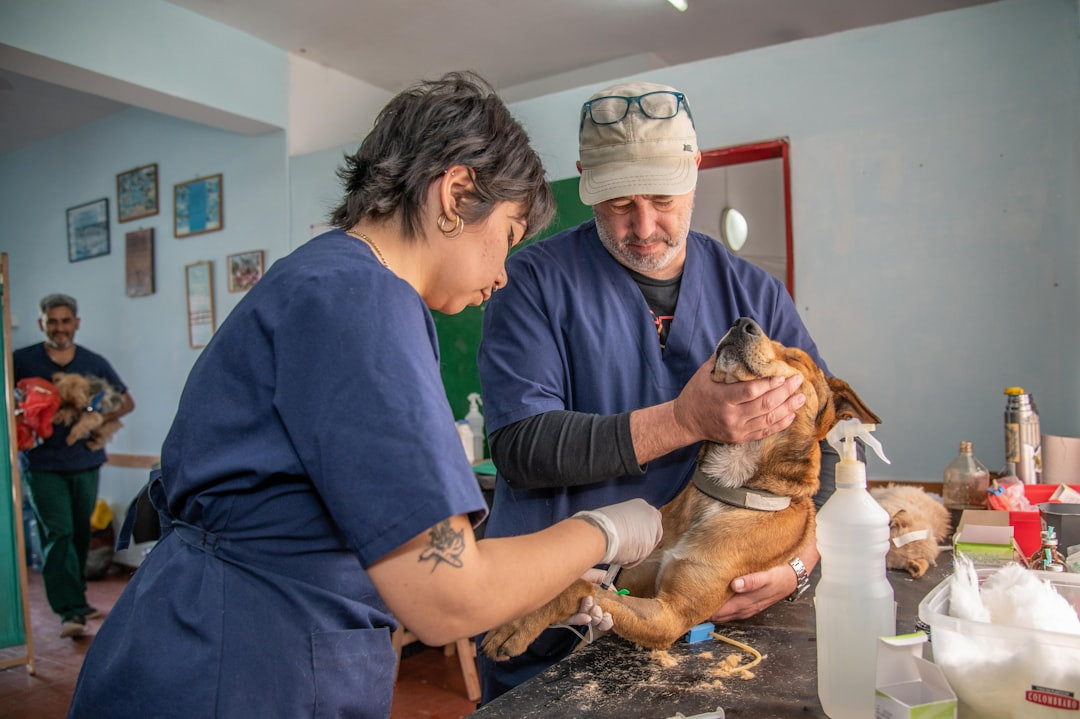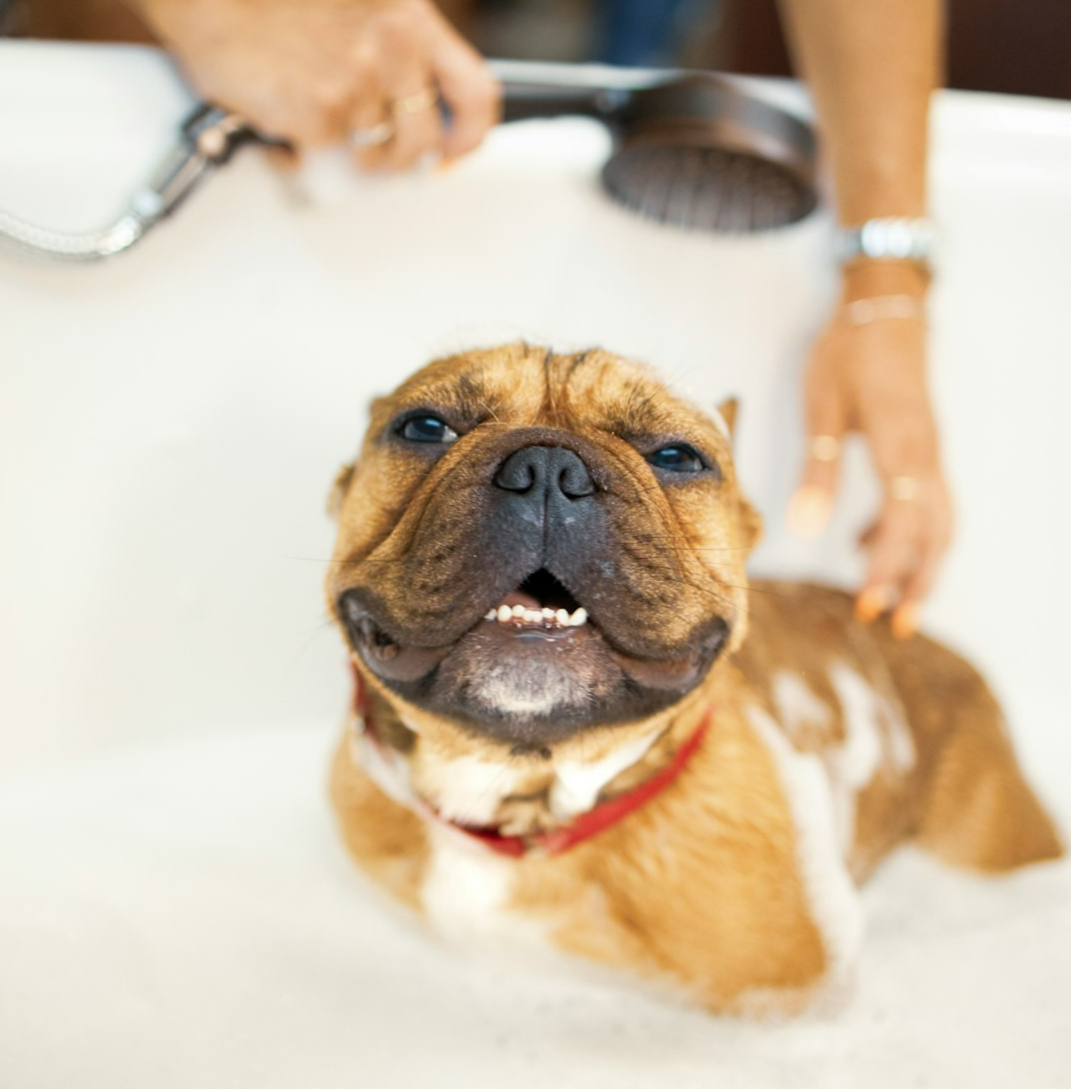Caring for a pet brings is a joy. Vet bills? Not so much. Routine check-ups, shots, medications, and unexpected emergencies all add up in a hurry. We look at some proactive steps pet you can take to keep your furry companion in tip-top health while keeping costs down.
A Pound Of Prevention
Preventive care is one of the most effective ways to avoid costly health issues down the road. Schedule regular veterinary exams, keep vaccinations up to date, and maintain parasite prevention treatments. Early detection of potential problems often leads to simpler, more affordable treatments and prevents more serious health issues.
Feed A Balanced, High-Quality Diet
Nutrition is critical for your pet's overall health. Feeding a high-quality, animal-appropriate diet lowers the risk of obesity, digestive issues, and some chronic diseases. Premium pet food might seem expensive upfront, but it reduces vet visits related to a poor diet, saving you money over your pet's life span.
Keep A Healthy Weight
Just as with humans, obesity is a leading culprit in costly health problems. This includes diabetes, joint problems, and heart disease. Keep an eye on your pet's weight and physical condition. Feed your pet with appropriate portion sizes, avoid giving them too many treats, and get your pet doing some vigorous exercise each day. This will cut down on the risk of expensive vet appointments.
Dental Hygiene
Dental disease is common in pets and can lead to expensive treatments if left unchecked. Brush your pet's teeth regularly with veterinarian-approved toothpaste and provide dental chews or toys designed to promote oral health. Professional cleanings might seem like overkill, but can save you a bundle by preventing more serious and expensive tooth problems.
DIY Pet Grooming
Handling simple checks and grooming tasks at home cuts out the need for frequent vet visits. Learn how to trim your pet’s nails, clean their ears, and check for lumps, bumps, or signs of infection. Monitoring your pet’s behavior and physical condition helps you spot issues early and avoid more significant health emergencies.
Shop Smart For Medications And Supplies
Veterinary clinics often mark up the price of medications, so consider reputable online pharmacies or pet supply retailers for prescriptions, flea and tick preventives, or supplements. Always consult your veterinarian before purchasing to ensure products are safe and effective, but savvy shopping can significantly cut costs.
Consider Pet Insurance Or A Vet Wellness Plan
Pet insurance can offset the cost of sudden pet illnesses or emergencies. Review these carefully to understand coverage limits and exclusions. Some vet clinics also offer wellness plans that cover routine care for a monthly fee, helping manage expenses and making sure that your pet receives regular preventive care.
Stay On Top Of Shots And Parasite Control
Skipping vaccinations or parasite prevention to save money will only cost you more down the road. Preventing diseases like parvovirus, distemper, or heartworm is a lot cheaper than treating them. Work with your vet to develop an appropriate vaccination and prevention schedule for your pet.
Budget For Emergencies
Even with preventive care, emergencies happen. Set aside a small amount each month for a dedicated pet emergency fund. Having money on hand means less stress when unexpected health issues crop up and allows you to make decisions based on your pet's real needs rather than worrying about going broke.
A Varied Approach To Success
Keeping your pet healthy doesn't have to break the bank. Preventive care, good quality pet food, smart shopping, and financial planning, can all help you cut your vet bills while making sure your furry friend enjoys a long, healthy life. By being proactive and informed, you can deal with rising vet expenses without having to skimp on the quality care your pet needs.
You May Also Like:
10 Dog Breeds That Owners Regret—And 10 That Professionals Recommend
The Cutest Dog Breeds To Ever Exist, Ranked












